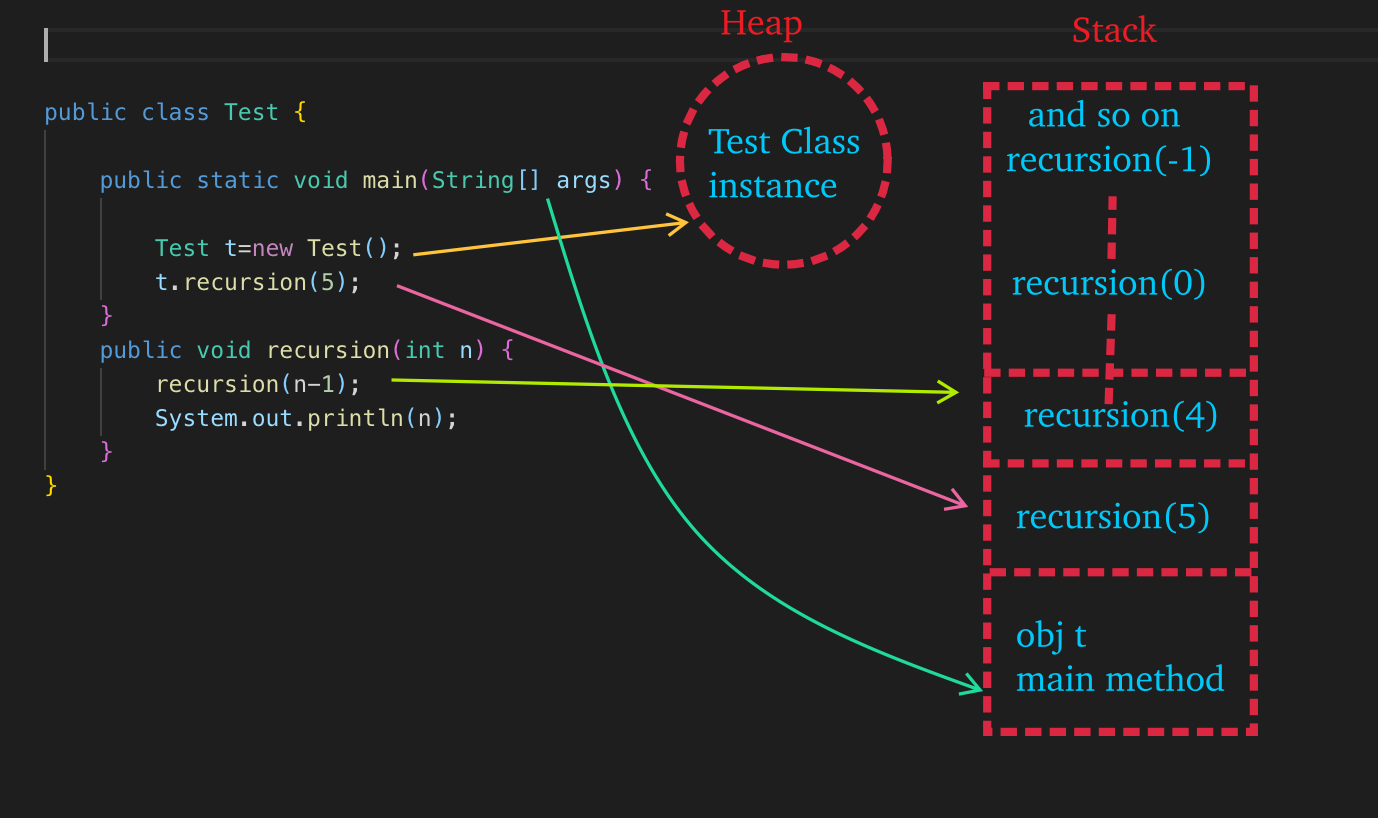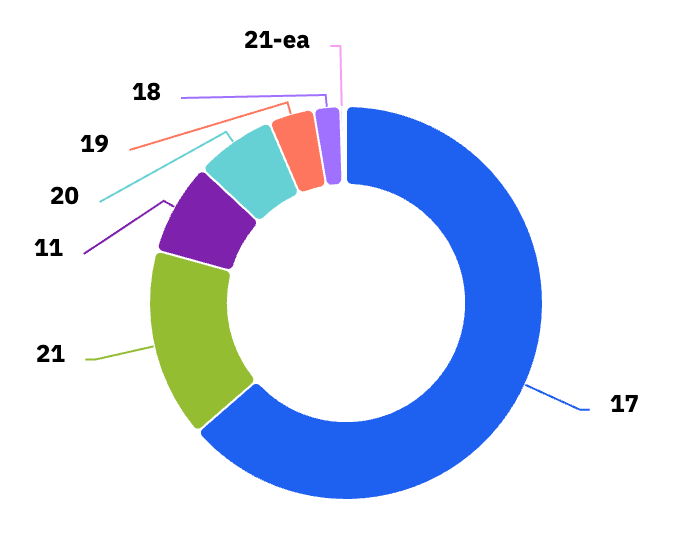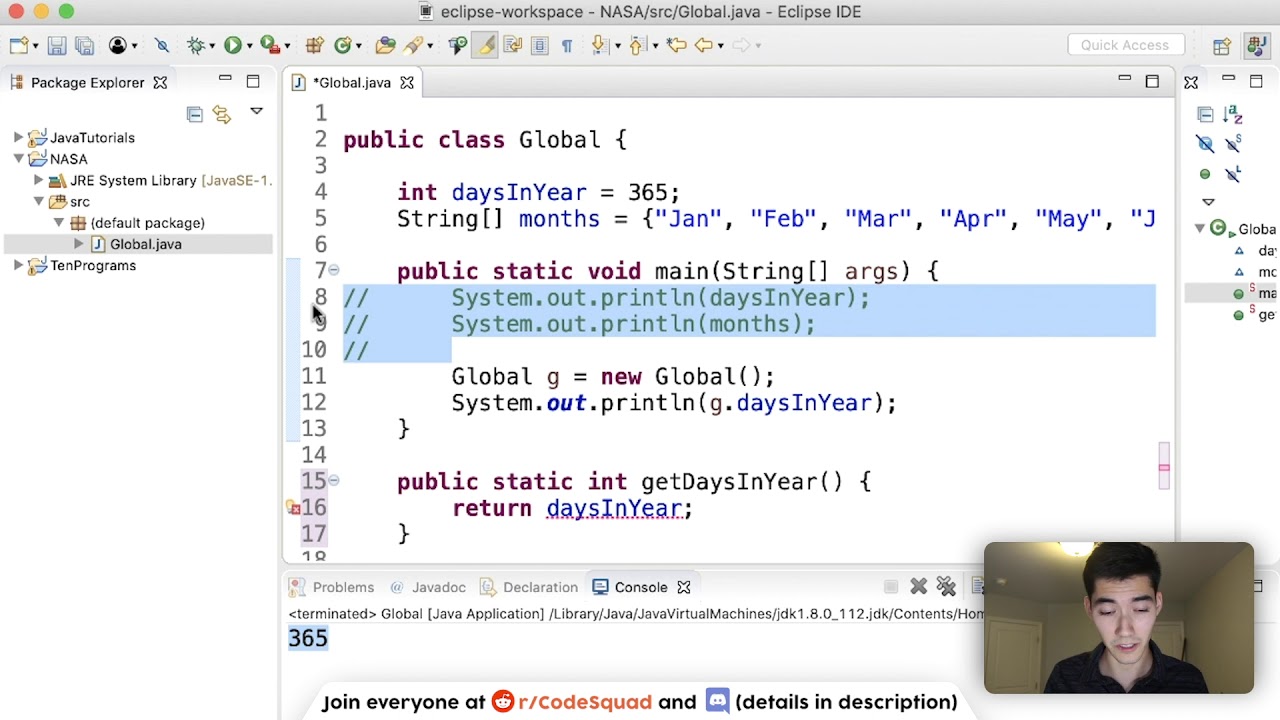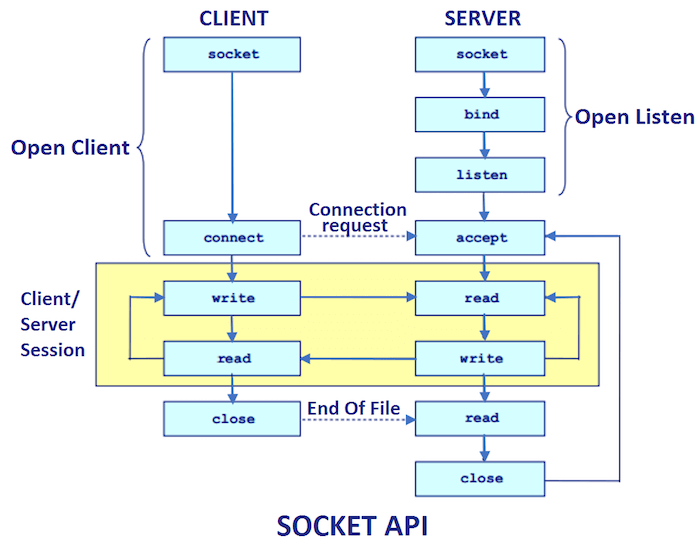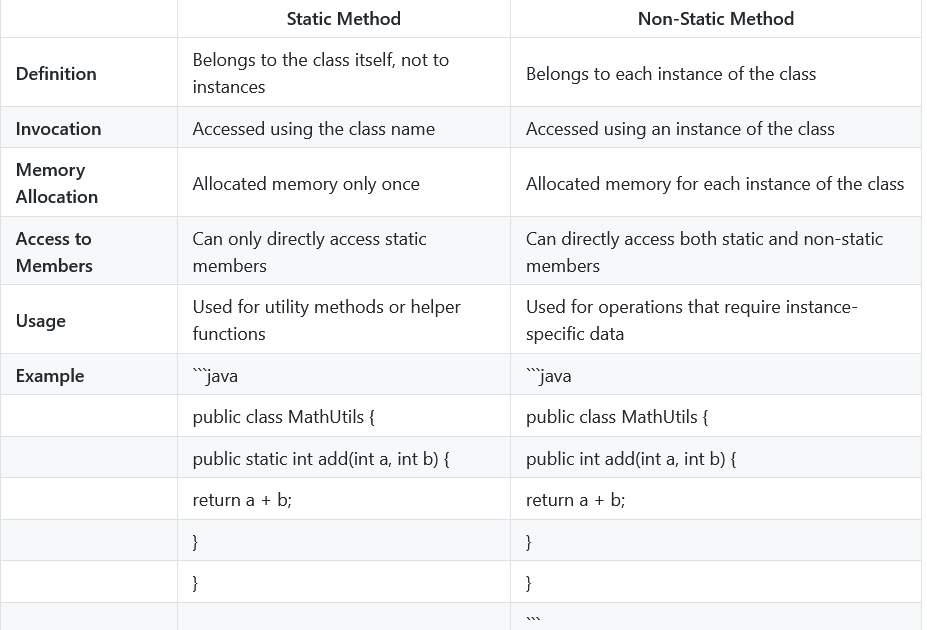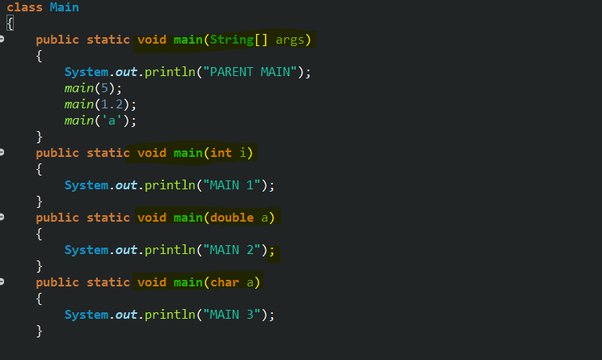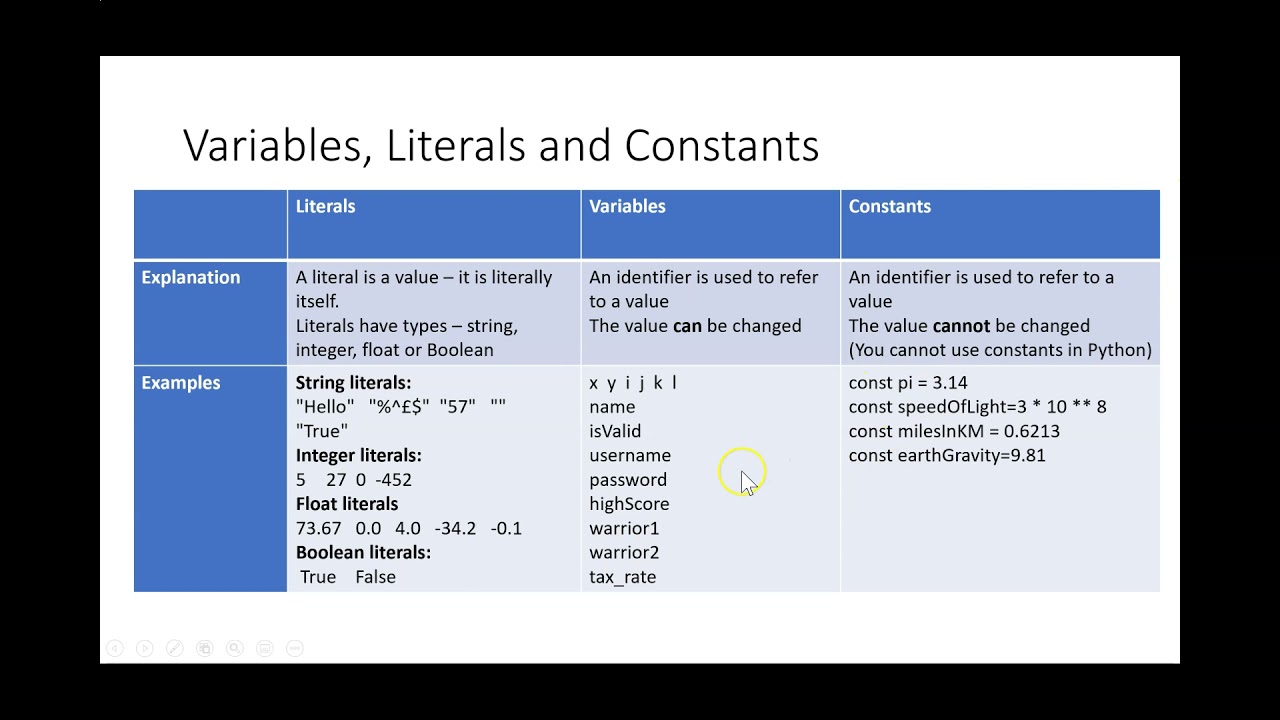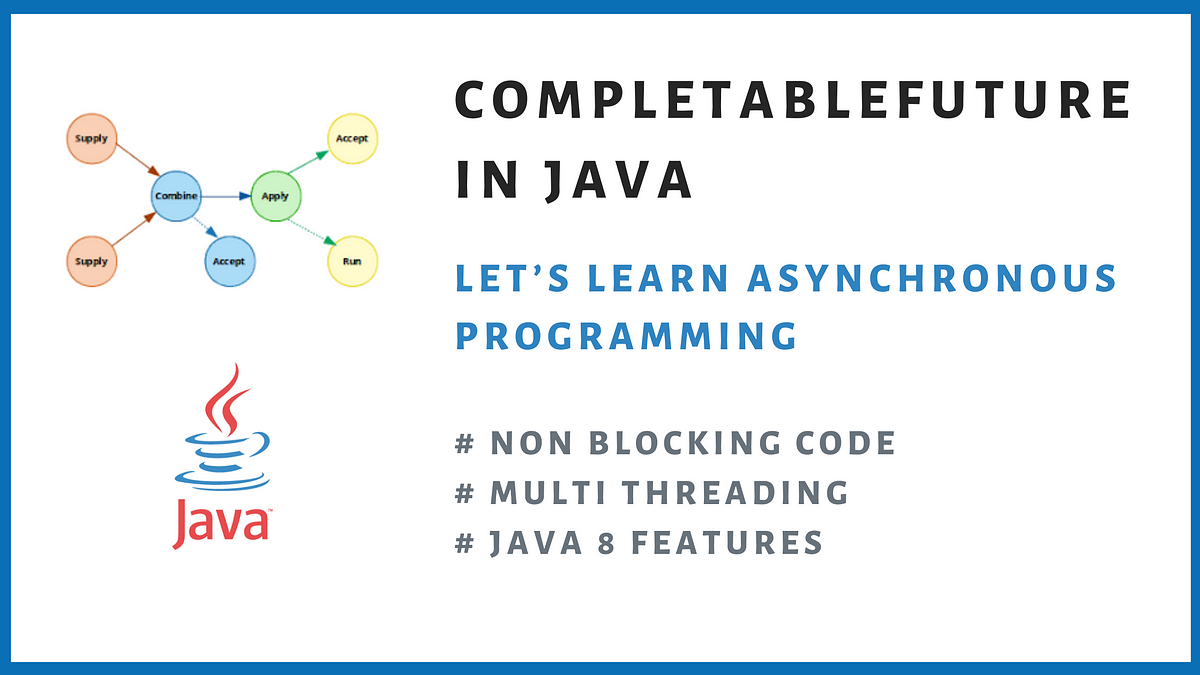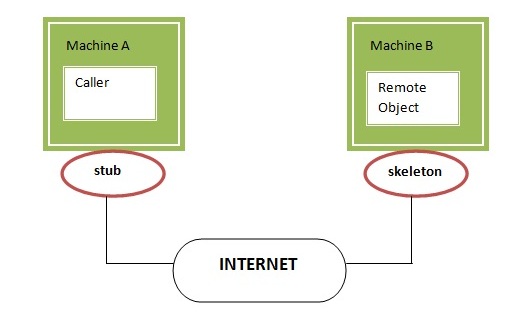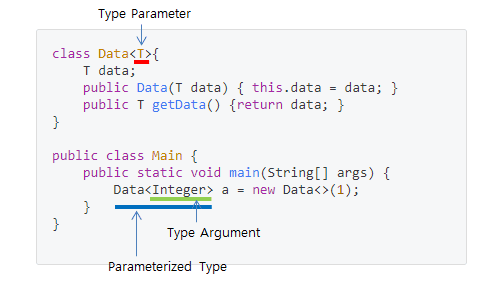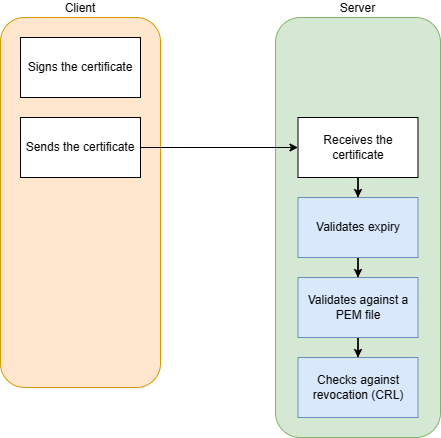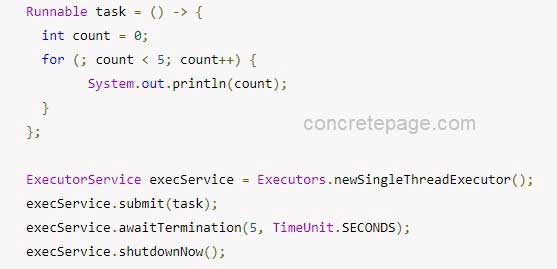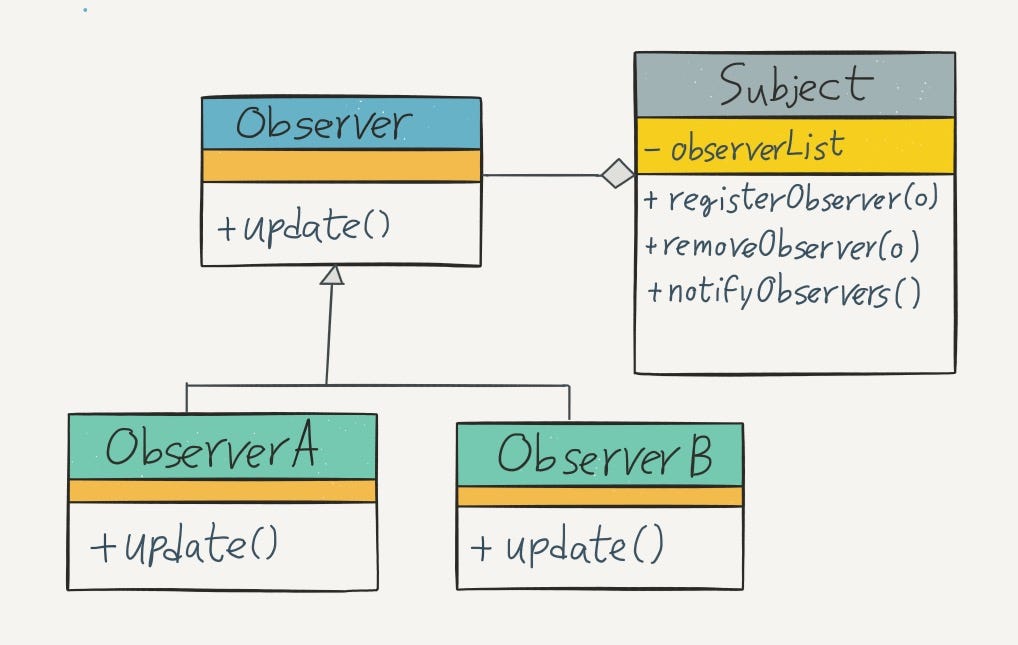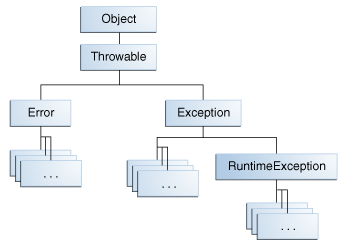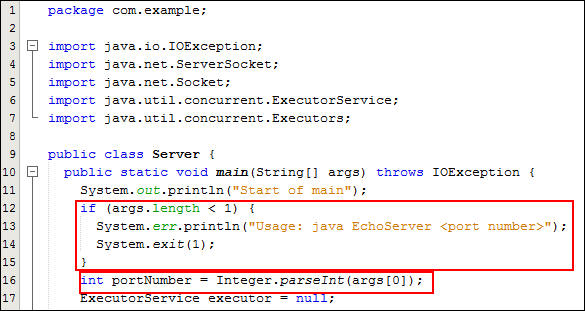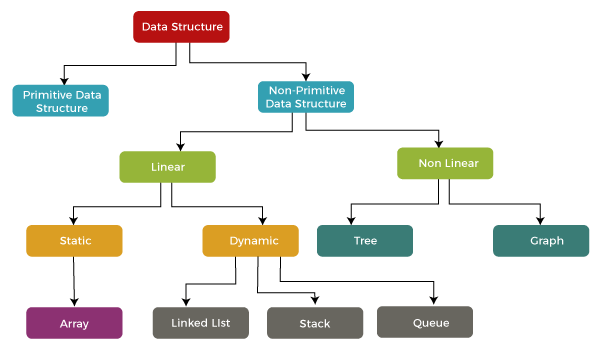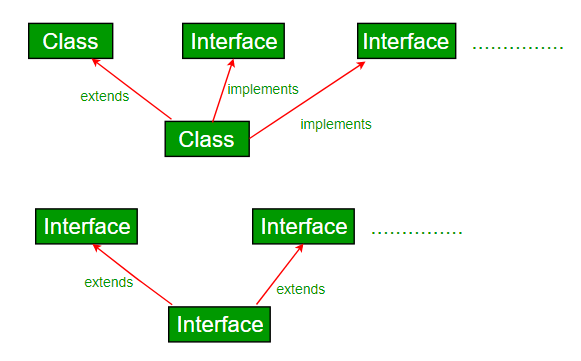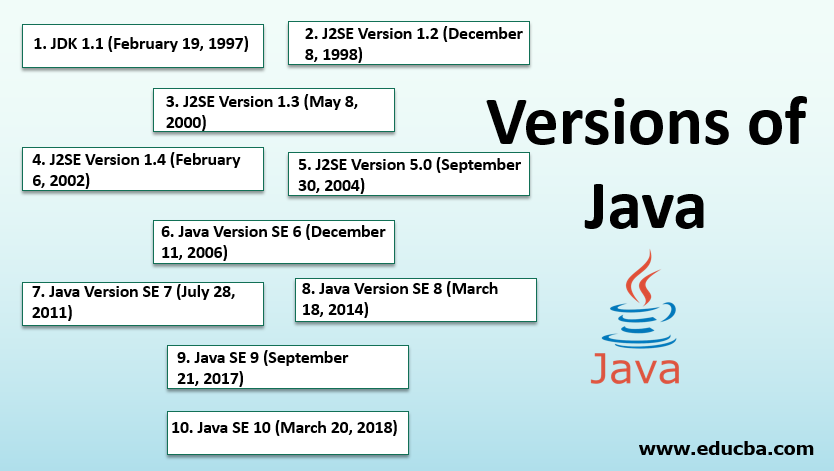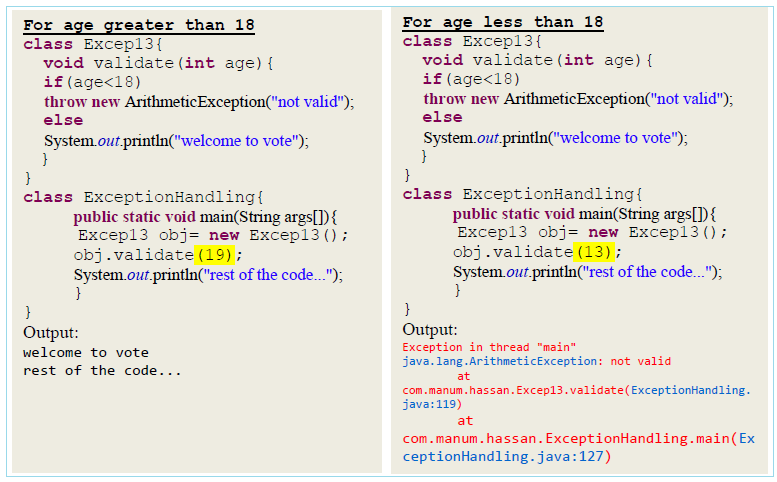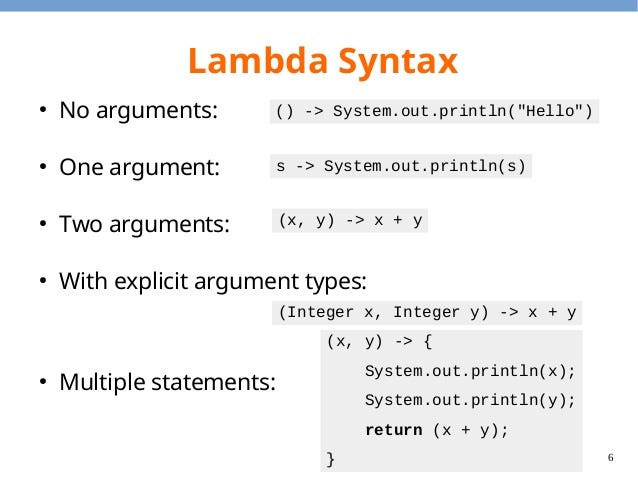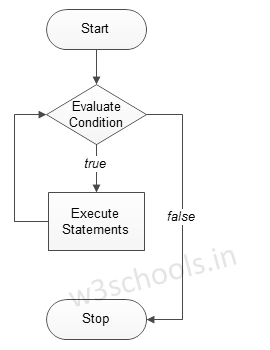What is a string [] in Java?
What is a string [] in Java?
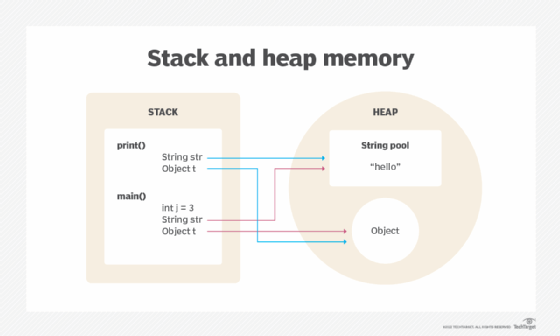
A fundamental concept in Java programming!
In Java, String[] refers to an array of strings. It's a data structure that can store multiple strings (sequences of characters) within a single variable.
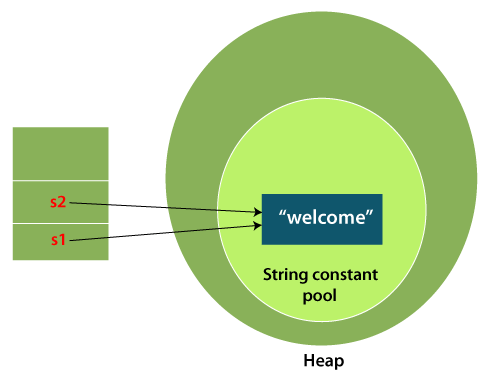
To understand this better, let's break it down:
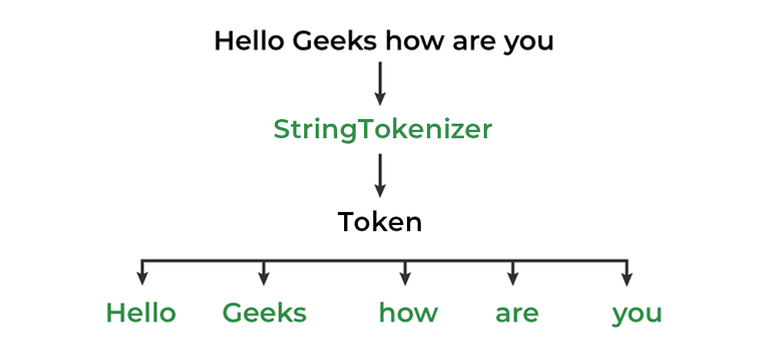
String is an object that represents a sequence of characters, such as "Hello", "Java", or any other text.
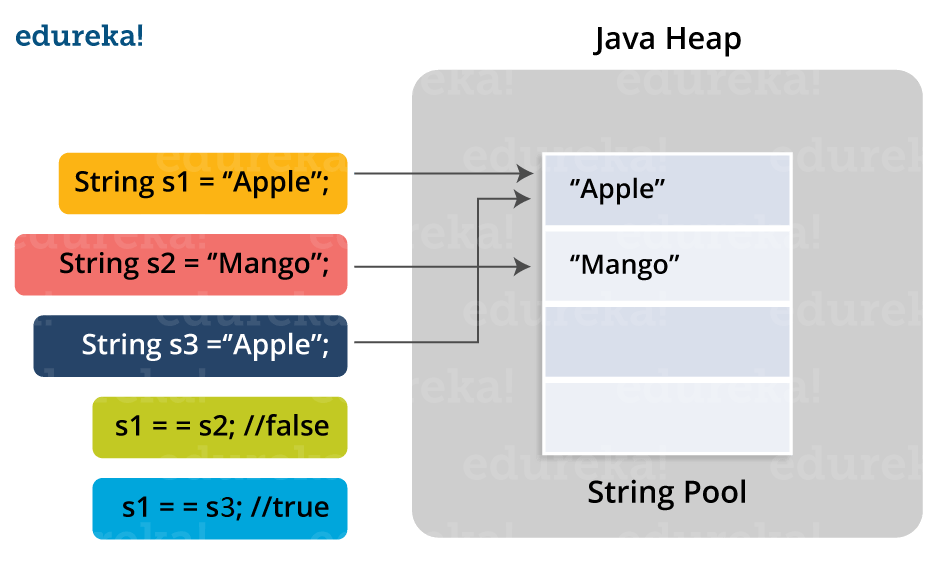
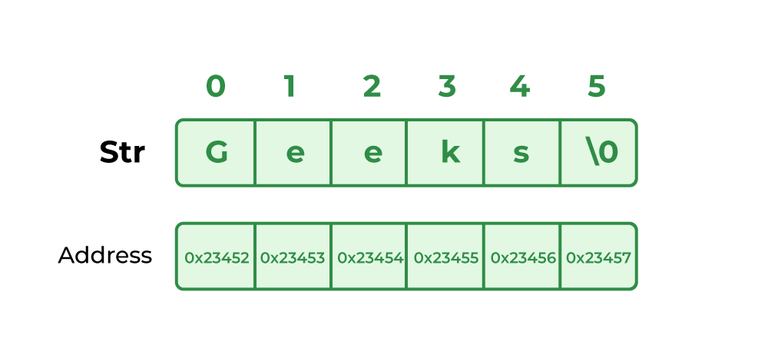
When you declare String[], you're essentially creating an array that can hold multiple strings. This is different from declaring a single String variable, which would only store one string value.
Here are some key characteristics of String[]:
strings[0], strings[1], etc. Size: The size of the array is determined when it's created, and you can't change it later. For example, if you create a String[] with 5 elements, you can't add or remove elements without creating a new array. Homogeneous type: All elements in the array must be of the same type (in this case, strings).
When working with String[], you'll often use methods like:
length: Returns the number of elements in the array (its size). toString(): Converts the entire array into a single string representation. Loops: You can iterate through the array using loops (e.g., for or foreach) to process each element individually.
Here's an example to illustrate this:
String[] languages = {"Java", "Python", "C++", "JavaScript"};// Print each language in the array
for (int i = 0; i < languages.length; i++) {
System.out.println("Language: " + languages[i]);
}
In this example, we create an String[] called languages, which contains four string elements. We then use a loop to iterate through the array and print each language.
In summary, String[] is an essential concept in Java programming that allows you to work with collections of strings. Understanding arrays and indexing is crucial for effective Java coding!
What are the string methods in Java?
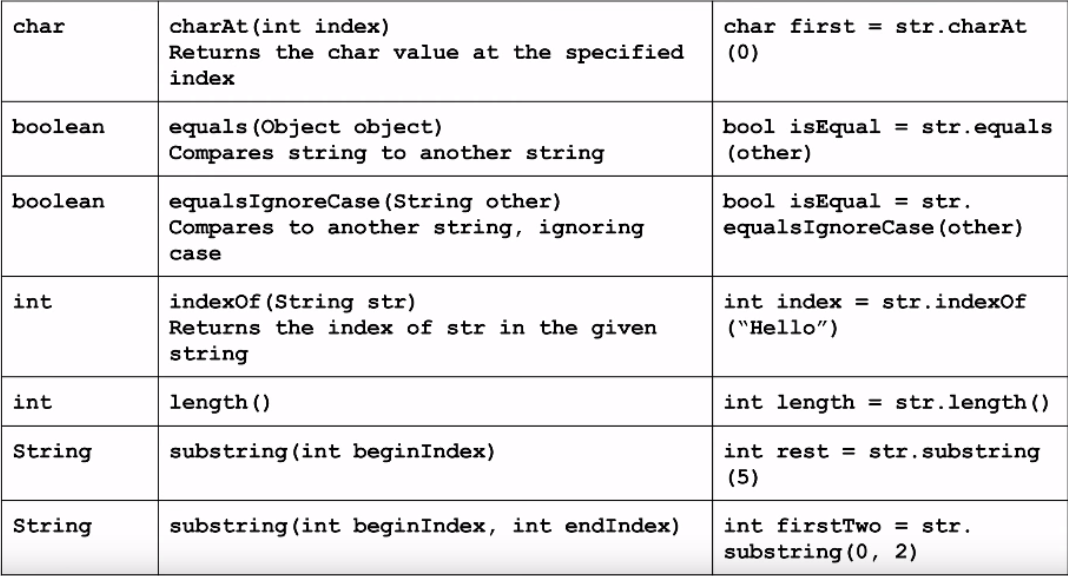
I'd be happy to explain the string methods in Java!
Java provides a comprehensive set of string methods that can be used to manipulate and process strings. These methods are part of the String class, which is the most widely used class in Java.
Here are some of the key string methods in Java:
Length(): This method returns the length of the string. It's a simple but useful method that's often used when you need to know how many characters are in a string. Substring(int beginIndex, int endIndex): This method returns a new string that is a substring of the original string. ThebeginIndex specifies where the substring should start, and the endIndex specifies where it should end. For example, if you have the string "Hello World" and you call substring(6, 11), you'll get the substring "World". toUpperCase(): This method returns a new string that is the original string converted to uppercase. toLowerCase(): This method returns a new string that is the original string converted to lowercase. trim(): This method returns a new string that is the original string with all leading and trailing whitespace removed. concat(String str): This method returns a new string that is the result of concatenating (joining) the original string with another string. For example, if you have the string "Hello" and you call concat("World"), you'll get the string "Hello World". indexOf(String str): This method returns the index of the first occurrence of a specified string within the original string. lastIndexOf(String str): This method returns the index of the last occurrence of a specified string within the original string. startsWith(String str): This method returns true if the original string starts with the specified string, and false otherwise. endsWith(String str): This method returns true if the original string ends with the specified string, and false otherwise. replace(char oldChar, char newChar): This method returns a new string that is the result of replacing all occurrences of one character with another character. replaceAll(String regex, String replacement): This method returns a new string that is the result of replacing all matches of a regular expression with a specified replacement string.
These are just a few examples of the many string methods available in Java. By using these methods, you can manipulate and process strings in powerful ways, making your programs more flexible and robust.
Here's an example of how you might use some of these string methods:
String original = "Hello World!";String upperCase = original.toUpperCase(); // returns "HELLO WORLD!"
String trimmed = original.trim(); // returns "Hello World"
String concatenated = original.concat("!!!"); // returns "Hello World!!!"
int index = original.indexOf("World"); // returns 6
boolean startsWith = original.startsWith("He"); // returns true
System.out.println(upperCase);
System.out.println(trimmed);
System.out.println(concatenated);
System.out.println(index);
System.out.println(startsWith);
I hope this helps! Let me know if you have any questions or need further clarification.
